Dr. Elitza “ Ellie” Germanov
Research Associate
Google Scholar Instagram Twitter Research Gate LinkedIn
elitza[@]marinemegafauna.org
Research Interests
Ellie’s conservation biology work has focused on establishing baselines on understudied populations of threatened species in Indonesia, specifically manta rays, and evaluating persistent threats, focusing on plastic marine debris. Thus far, she has achieved this work through large-scale citizen science initiatives, collaborations with Indonesian higher learning institutions, and the private sector. Ellie is currently dedicated to building scientific capacity within Indonesia to continue and accelerate the necessary work on these topics within the Coral Triangle. Looking forward, Ellie is seeking to identify global biodiversity hotspots and critical habitats for threatened marine megafauna that would benefit from the flagship approach to conservation, leading to improved conservation policies.
Education
2020 Doctor of Philosophy (PhD), Environmental & Conservation Science
Murdoch University, Perth, Australia
Thesis title: From megafauna to microplastics: Understanding habit use reveals potential threats to Indonesia's manta rays
2006 Masters of Science (MSc), Microbiology & Immunology
Dalhousie University, Halifax, Canada
Thesis title: The Role of CXCR6 and CXCL16 in NKT Cell Localization and Protection from Tumor Metastasis
2004 Bachelor of Science (BSc) with 1st Class Honours, Microbiology & Immunology
Dalhousie University, Halifax, Canada
Thesis title: Selective induction of VEGF-D in human mast cells by double-stranded RNA
Biography
Originally from Bulgaria, Ellie spent her summers swimming in the Black Sea before immigrating to Newfoundland on Canada’s north-east coast at nine years old. While the ocean was an ever-present backdrop, Ellie’s fascination with science was initially broad. In her early scientific career, she was most interested in how living things work, from the cellular level to microbes, all the way to humans, and how we fight off disease. It was not until her gap year, taken after completing her Masters degree, when she learned to SCUBA dive, that her scientific curiosity turned to the marine environment and how to conserve it best.
Ellie became fascinated with the underwater world and its seemingly endless unknowns, especially striking to her when the human genome was already sequenced. Training for her Divemaster in Malaysia allowed Ellie precious underwater observation time where issues such as coral bleaching, marine debris, and unsustainable harvesting of sharks and rays were immediately evident. Ellie began volunteering her time for marine conservation projects and soon became involved with citizen science efforts to enumerate Indonesia’s manta rays - and encouraged others to do the same through her accredited manta conservation course. In an early conservation win, in 2014, her work helped to establish nationwide manta ray protection in Indonesia - a country that had previously ranked second in the world in Mobula species catches.
Knowing that much more can be done for the marine world, Ellie wanted to roll up her sleeves and to upgrade her science skills. In 2015, she received a full scholarship to study for her doctorate in marine science. Her research focused on manta ray populations in Indonesia’s marine protected areas and the impacts of plastic pollution. Graduating in 2020, Ellie is now a Research Associate with MMF and continues building knowledge and local scientific capacity to conserve Indonesia’s manta rays, whale sharks, turtles, and other iconic species, while raising awareness on the threats of plastic pollution.
Ellie still enjoys SCUBA diving and escorting people on marine expeditions to the far-flung reaches of Indonesia and beyond. In her spare time, Ellie enjoys learning languages and other water sports. Wine and chocolate are considered her weakness.
Current MMF projects
Ellie focuses on Indonesia’s scientific and conservation programs. Her work involves training Indonesian nationals to collect population data on manta rays, turtles using SCUBA and freediving; manage and analyze the data using online databases and statistical analysis. Further, Ellie collaborates with Udayana University, Bali, to monitor key megafauna feeding grounds for microplastic pollution, training students in field surveys and laboratory analyses. Ellie writes scientific papers, book chapters, and reports for conservation policy.
Projects include:
Indonesian Manta Ray Program
Media
Featured papers
Microplastics on the menu: plastics pollute Indonesian manta ray and whale shark feeding grounds. 2019. Germanov ES, Marshall AD, Hendrawan IG, Ryan Admiraal, Rohner CA, Argeswara J, Raka Wulandari, et al. Frontiers in Marine Science 6.
It’s not all black and white: investigating colour polymorphism in manta rays across Indo-Pacific populations. 2019. Venables SK, Marshall AD, Germanov ES, et al. Proceedings of the Royal Society B 86.
Contrasting habitat use and population dynamics of reef manta rays within the Nusa Penida marine protected area, Indonesia. 2019. Germanov ES, Bejder L, Chabanne DBH, Dharmadi, Hendrawan IG, Marshall AD, Pierce SJ, et al. Frontiers in Marine Science 6.
Research Priorities to Support Effective Manta and Devil Ray Conservation. 2018. Stevens GMW, ... Burgess KB, … Germanov ES, … Jaine FRA, … Kashiwagi T, Marshall AD, … and Venables SK. Frontiers in Marine Science 5.
Microplastics: No small problem for filter-feeding megafauna. 2018. Germanov ES, Marshall AD, Bejder L, Fossi MC and Loneragan NR. Trends in Ecology and Evolution 33(4).
Running the gauntlet: regional movement patterns of Manta alfredi through a complex of parks and fisheries. 2014. Germanov ES and Marshall AD.PLOS ONE 9(10): e110071.







